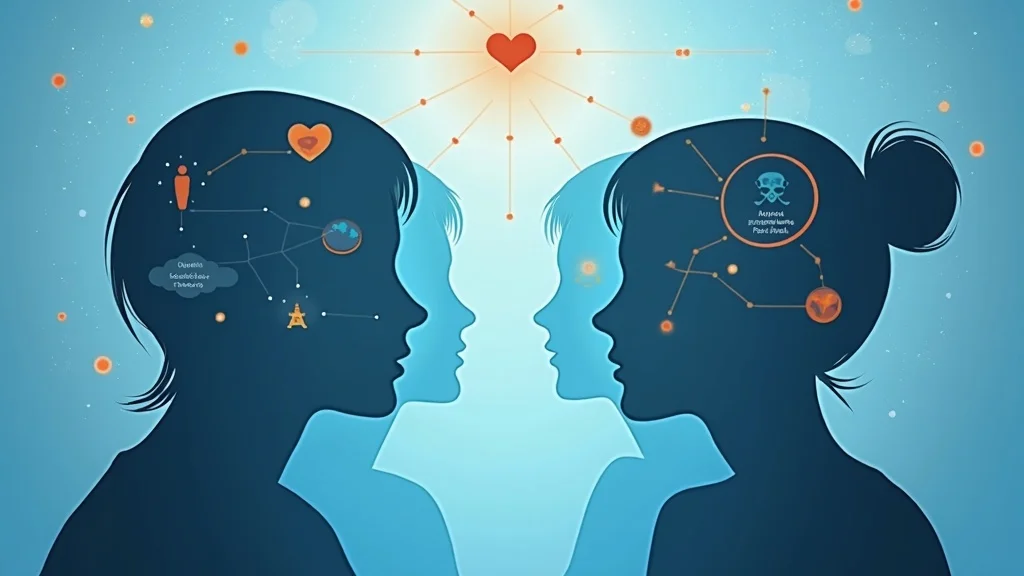Trauma is a psychological and emotional response to an extremely distressing or disturbing event that overwhelms a person's ability to cope. When we experience trauma, our brains release stress hormones such as cortisol and adrenaline. These hormones help us to cope with the immediate danger of the situation, but they can also have negative effects on our physical and mental health over time.
Trauma changes in the brain
Increased activity in the amygdala, the part of the brain responsible for processing fear and threats. This can lead to hypervigilance, irritability, and flashbacks.
Decreased activity in the prefrontal cortex, the part of the brain responsible for impulse control, decision-making, and emotional regulation. This can make it difficult to manage stress and emotions, and can lead to risky or impulsive behavior.
Changes in the hippocampus, the part of the brain responsible for memory and learning. This can make it difficult to remember the details of the traumatic event or to learn new information.
Physical effects of trauma
Increased heart rate and blood pressure. This is due to the release of stress hormones.
Headaches, stomachaches, and muscle tension. These are all common symptoms of stress.
Changes in sleep patterns. Trauma can lead to insomnia, nightmares, and other sleep problems.
Weakened immune system. Stress can make it more difficult for the body to fight off infection and disease.
Long term effects of trauma
The long-term effects of trauma can vary depending on the severity of the event, the individual's support system, and other factors.
Post-traumatic stress disorder (PTSD)
PTSD is a mental health condition that can develop one month or more after exposure to a traumatic event. Symptoms of PTSD include flashbacks, nightmares, avoidance of trauma-related cues, and hypervigilance.
Anxiety and depression
Anxiety and depression are common mental health conditions that can develop after trauma. Symptoms of anxiety include worry, fear, and restlessness. Symptoms of depression include sadness, hopelessness, and loss of interest in activities.
Substance abuse
Substance abuse is a common coping mechanism for people who have experienced trauma. However, substance abuse can worsen trauma symptoms and make it more difficult to heal.
Relationship problems
Trauma can make it difficult to form and maintain healthy relationships. Symptoms of relationship problems include difficulty trusting others, difficulty communicating, and conflict.
If you are struggling with the after effects of trauma, it is important to seek professional help. There is no shame in asking for help, and it is the best way to start your journey to healing. Click the link below and schedule a free phone consultation with one of our therapists and start your healing journey. You don’t have to live in pain — we’re here to support you.
 Add Row
Add Row  Add
Add 



Write A Comment